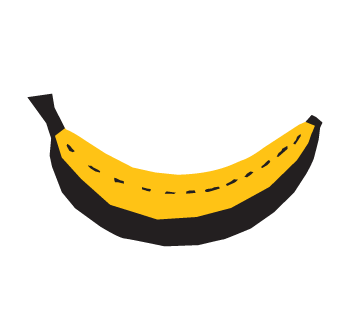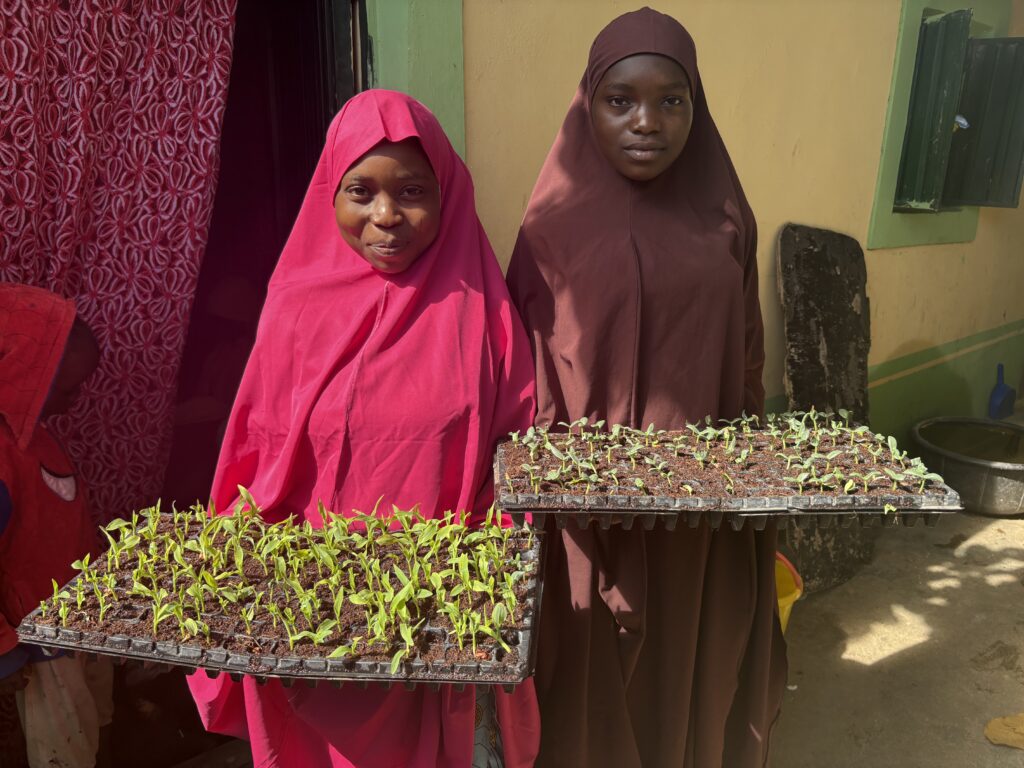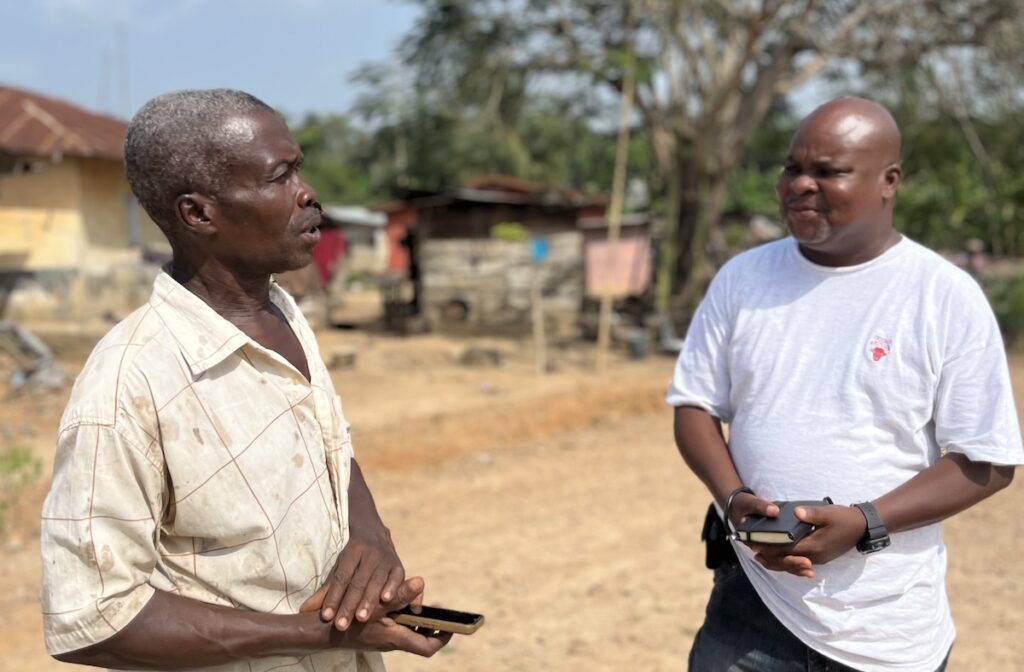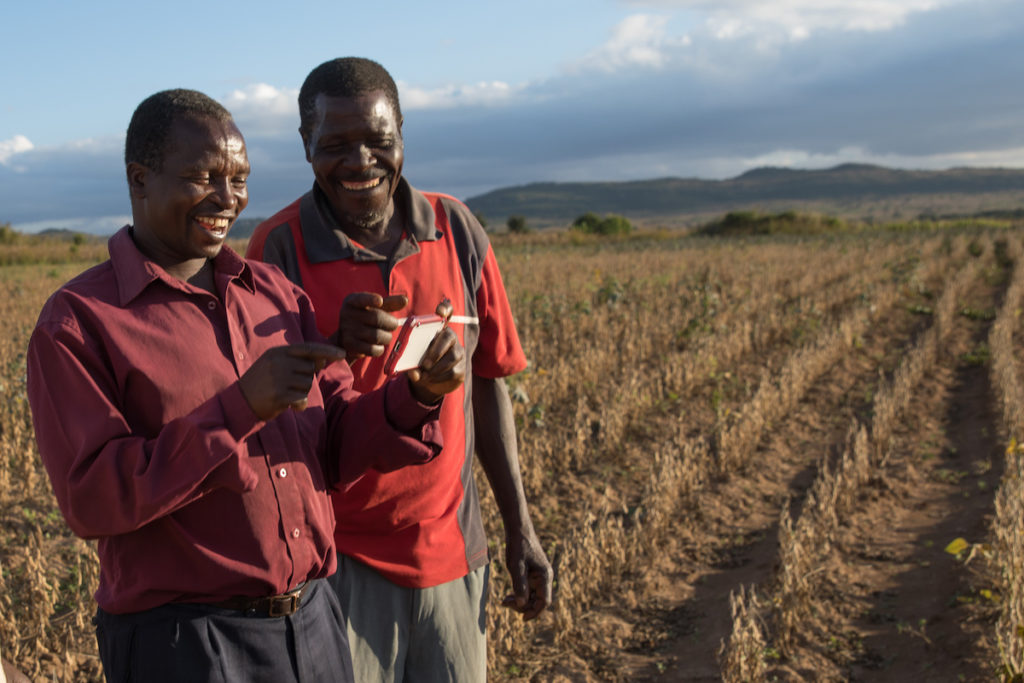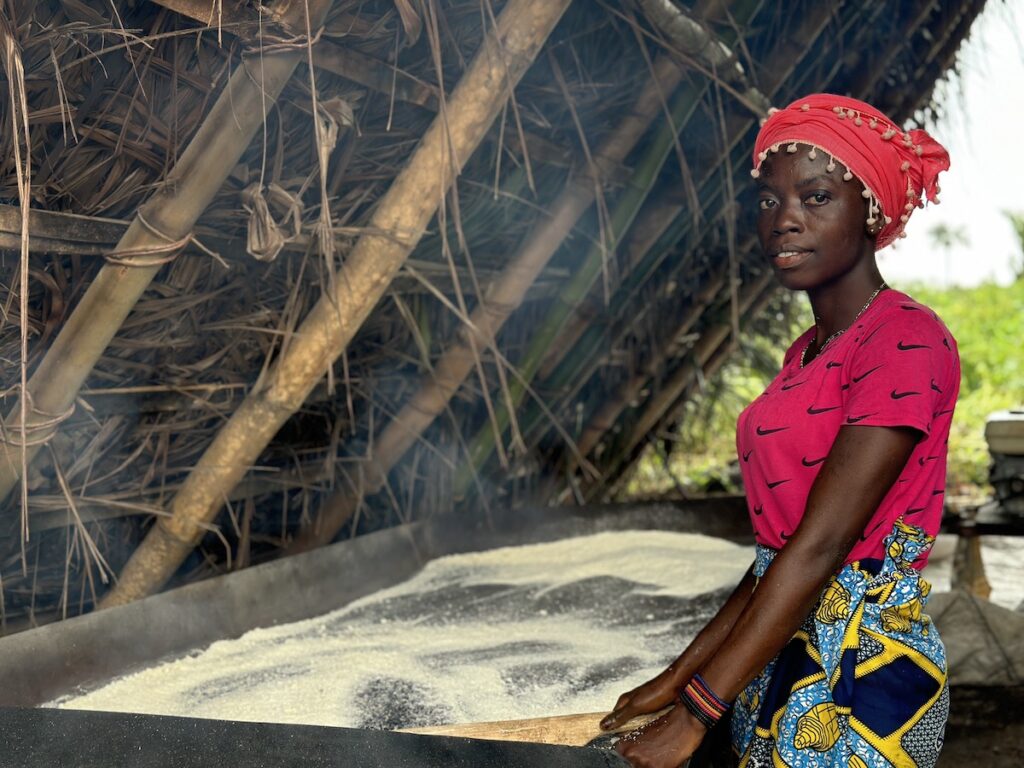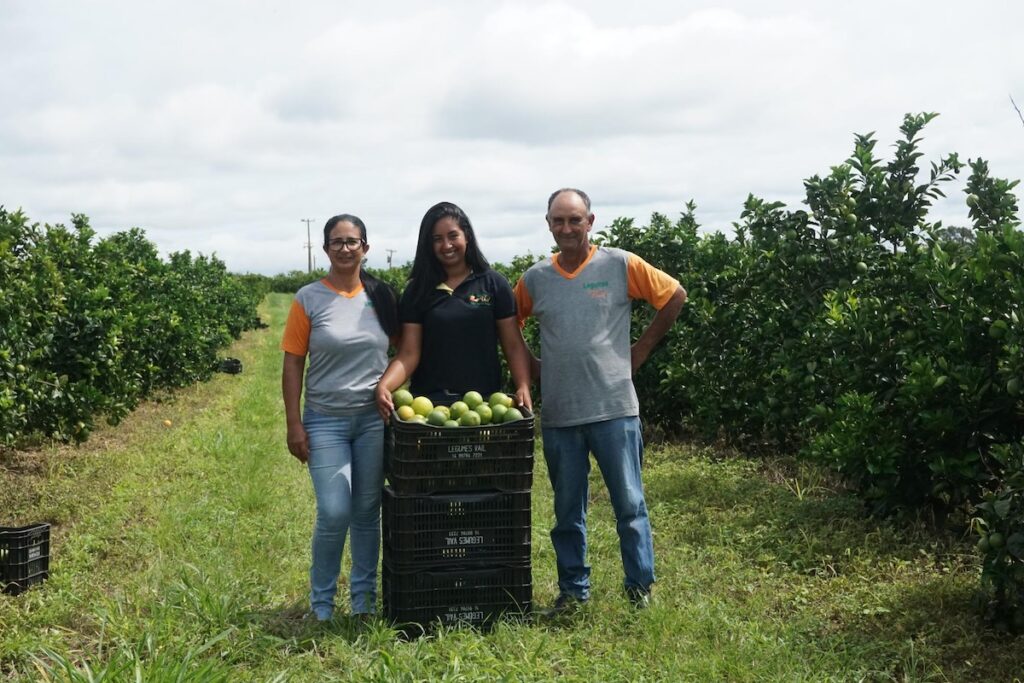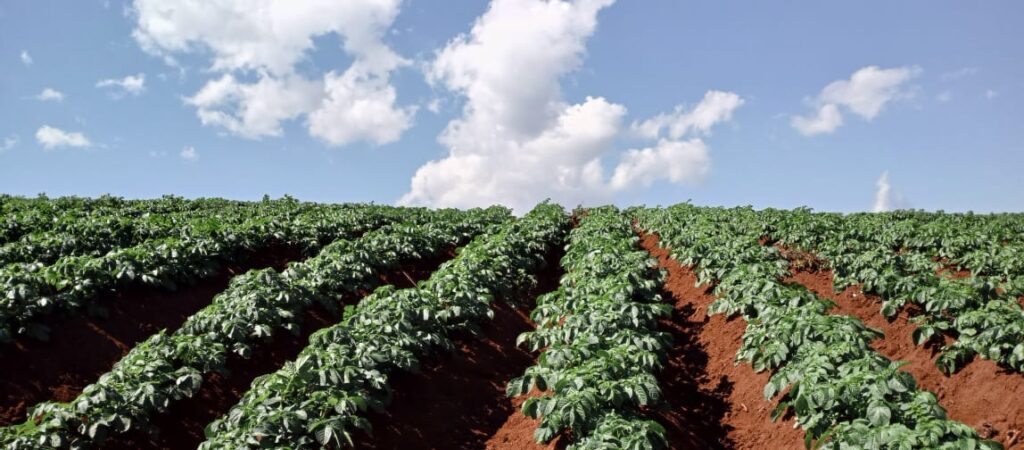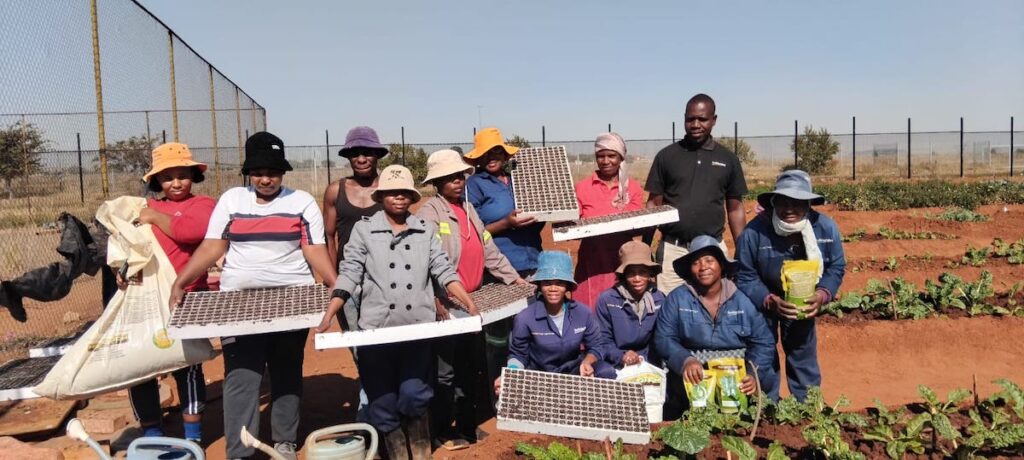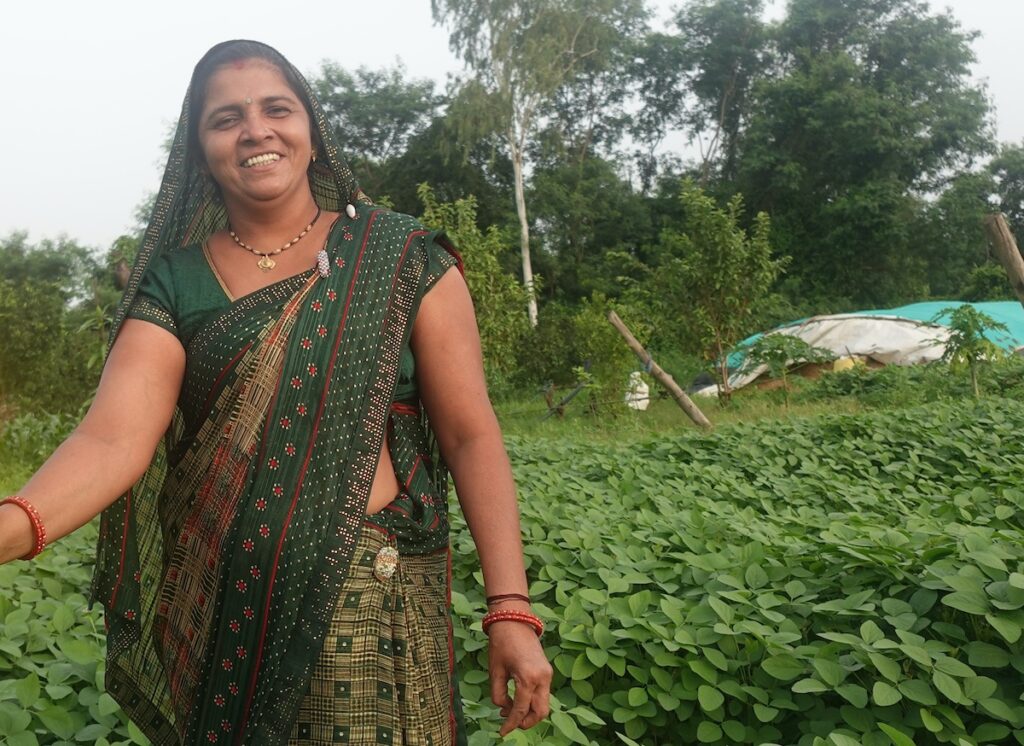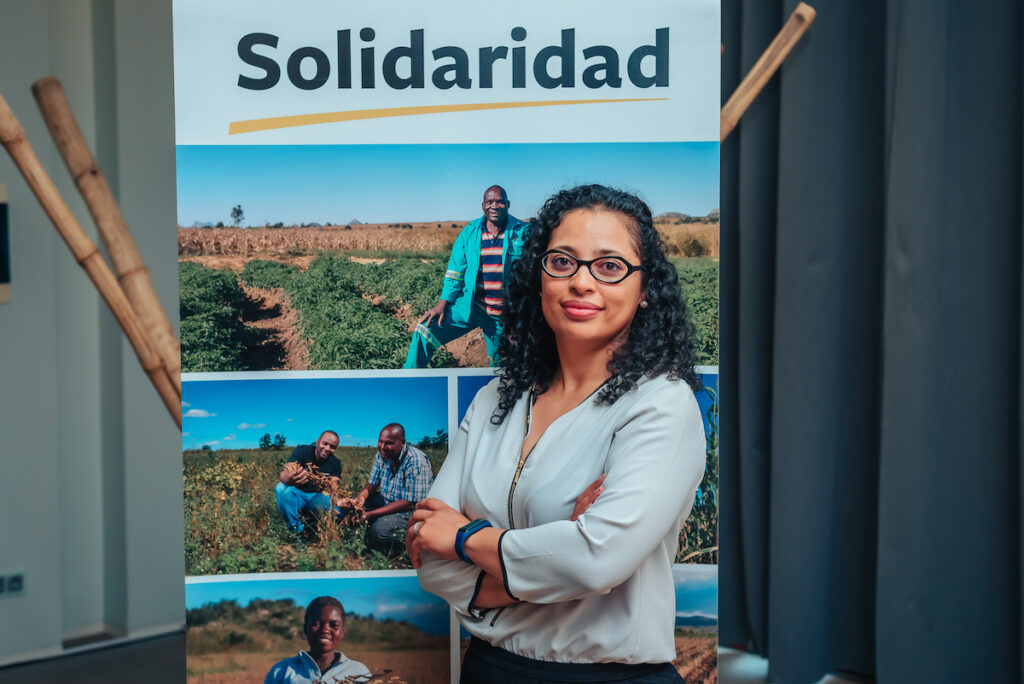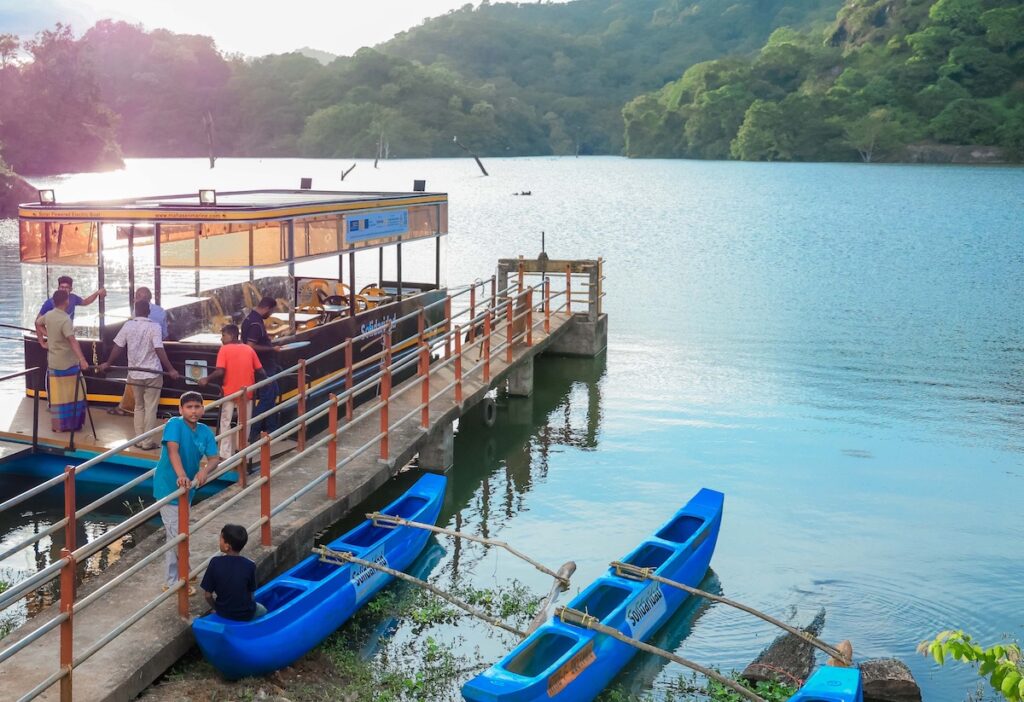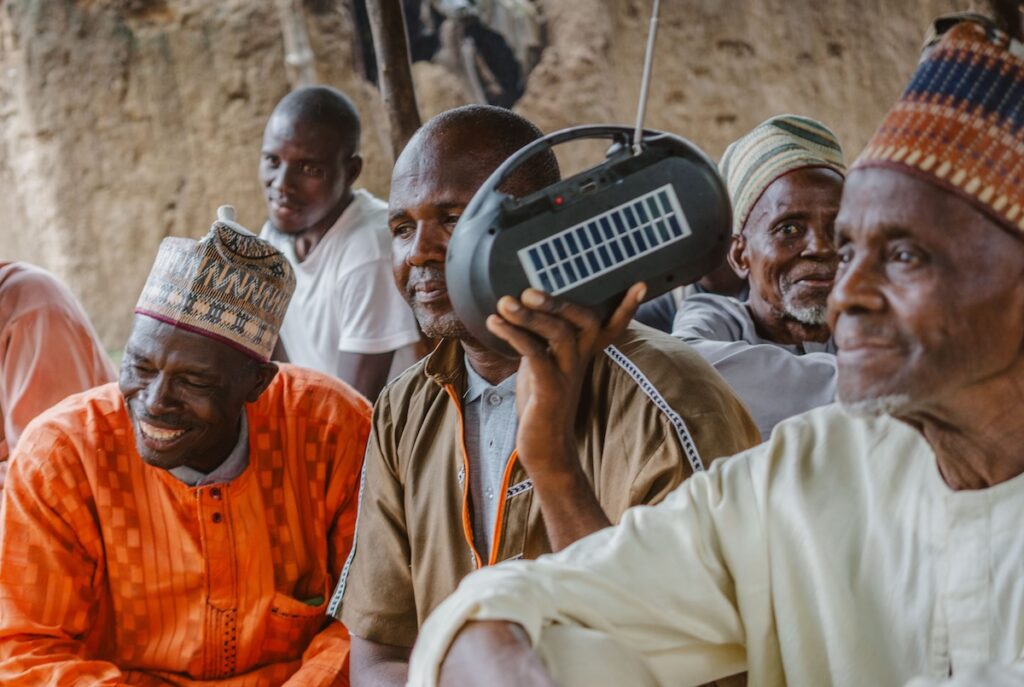
Challenges
A varied and fluctuating supply chain
The fruit and vegetable sector is one of the largest in the world, and is incredibly diverse across regions and supply chains. Insufficient worker protections, excessive and improper use of pesticides, and fluctuating prices threaten both the producers growing the crops and the land on which they grow.
The worker equipped with boots, gloves, to be environmentally friendly, making sure that your packing equipment meets certain security parameters, none of that existed 15 years ago.
Iván Lobo, production coordinator at Unibán, Colombia
Solutions
Collaborating all along the supply chain
Our work focuses on collaboration with all levels of the supply chain, with the farm at the centre. We strive for innovation in production techniques, irrigation and seed quality. This is so farming practices can support the environment, the dependent economies, and those who cultivate crops. Sustainable agriculture is the foundation for sustainable communities.

Occupying the front row seat to the quality of decisions that had triggered our growth over the years puts me in the best position to spearhead our future growth.
Lorata Botha, participant in Farmer2Market programme, South Africa
Achievements
Kitchen gardens
Bangladesh’s first 500 fruit and vegetable farmers were regenagri-certified. In India, we have an encompassing strategy towards an integrated farming system with more than 25,000 farmers, towards increasing their income from farms. A total of 75,000 farmers across Bangladesh, India and Sri Lanka have kitchen gardens driving increased dietary diversity and aid in reduction of malnourishment. In Thailand we pioneered regenerative practices for pineapple and connected over 1,000 farmers to innovative digital training tools, providing an invaluable source of technical support to enhance livelihoods.
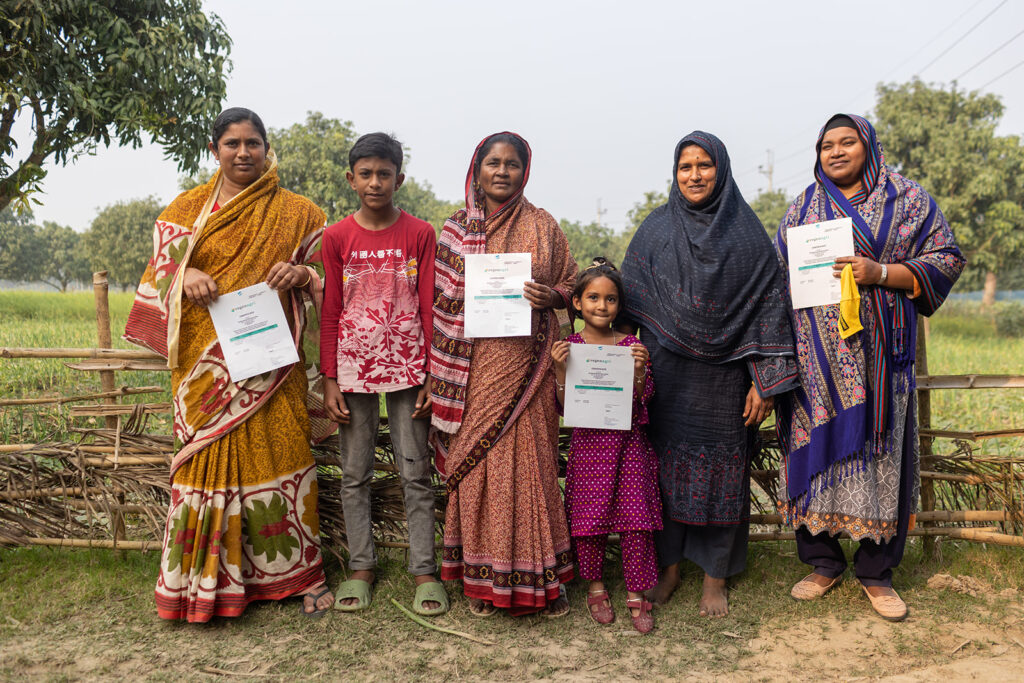
Good agricultural practices
In 2022, Solidaridad West Africa collaborated with AgroXchange to introduce a digital platform for crop monitoring. A total of 5,733 smallholder farmers, including women and youth, were trained in good agricultural practices and financial literacy. 95 communities were sensitized on the benefits of vegetable farming as a business and improved family nutrition.
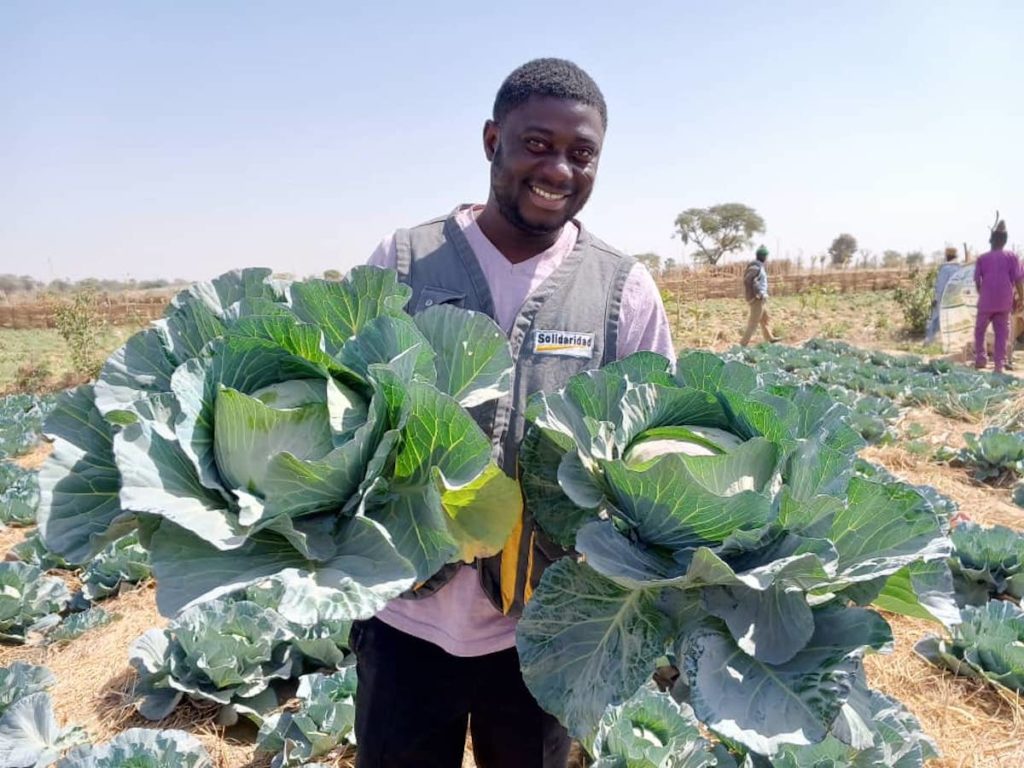
Integrated approach
In Peru, we launched ECOBAN, a recycling plant that integrates an importer, a banana union and four smallholder producers’ organizations. It has the capacity to transform 25 percent of the plastic waste generated in the national organic banana production, into more than 270,000 plastic corner pieces used in pallets for exports.
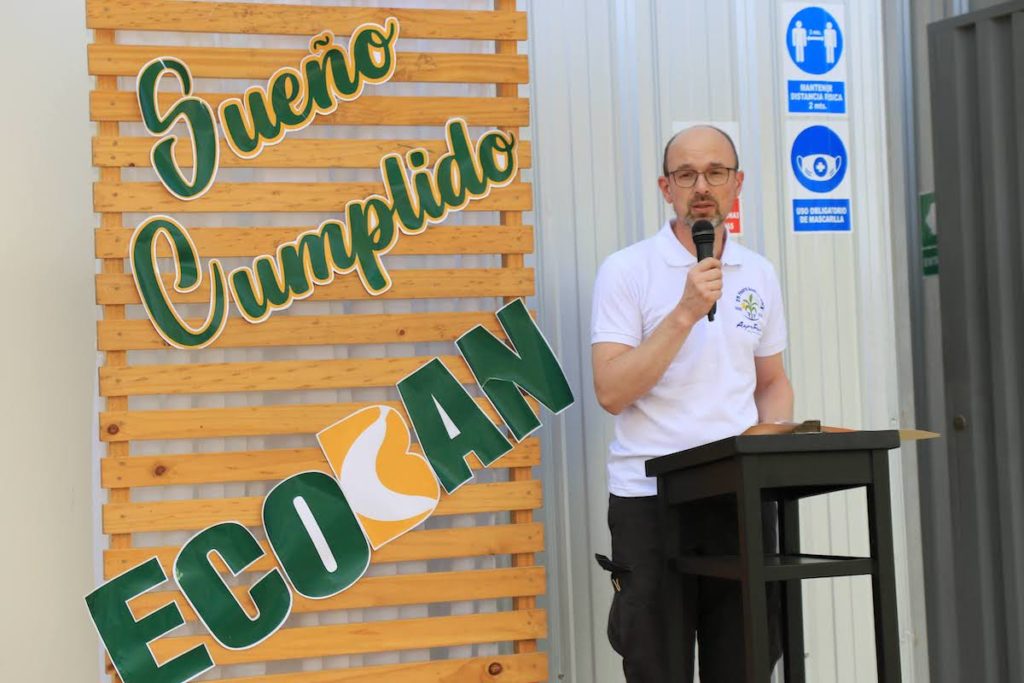
Food for all
Through the nurseries established under the Food for All Project in Kenya more than 500 youth and women with employment and livelihood opportunities through production of banana, fruit and vegetable seedlings for sale to other farmers. A total of 405,635 assorted vegetable, fruit, and tree seedlings valued at Euros 5,951 were produced and sold by the nurseries in 2020.
In Southern Africa, The Fruit and vegetable project trained 2,138 farmers on GAP from 71 farmer groups/associations. A total of 2,252 farmers adopted good agricultural principles and 24 service providers in the Fruit and Vegetables project have achieved self-sustenance.

Digital tools and market opportunities
Significant progress was made on the uptake of good practices, use of digital tools, and increasing market opportunities for fruit & vegetable farmers. Across East Africa, more than 21,000 farmers adopted good practices, including safe use of herbicides, efficient irrigation systems, and post-harvest technologies and about 11,668 people registered for our Farmers Realm app, a two-way platform that provides information and links to experts. Our programme in Bangladesh contributed to a 200% increase in yields, while in Brazil, we facilitated ‘Fruto Resiliente: straightening sustainable orange production in Brazil”, financed by Coca-Cola Company, Cutrale, Innocent Drinks and Eckes Granini. This pre-competitive citrus programme aims to improve the competitiveness of almost 10% of the orange producers in the Brazilian citrus belt.

Global progress
In Asia, the SaFaL programme supported almost 18,000 farmers (52% women) and market actors to achieve greater productivity through the adoption of sustainable technologies in production and post-harvest management. In Africa, we commissioned an agricultural status report in Zambia to gain a greater understanding of the fruit and vegetable sectors in-country. And Ecuador adopted the Banana Occupational Health and Safety manual developed by Solidaridad, which will impact the integrity, safety and well-being of 220,000 banana workers.

Organizing and training
The SAFAL project (Sustainable Agriculture, Food Security and Linkages) in Bangladesh organized 57,000 farmers into 1,000 producer groups and supported them through training and better access to seeds. This, in turn, improved access to technology and connections with national retail markets in Dhaka. SAFAL formed Union-level Business Associations (UBAs) to develop stronger links and promote entrepreneurship. Yields in horticulture increased by 18% and farmers’ incomes increased by an average 16%. SAFAL is organizing pot-songs and street dramas to develop knowledge and awareness and promote nutrient-rich diets, as well as improving health and hygiene.

Bringing stakeholders together
Solidaridad and the World Banana Forum partnered with the Ecuadorian government, national exporters association, banana farmers, workers unions, international banana companies and retailers in order to improve occupational health and safety in banana production. A national manual was developed based on new legislation and endorsed by the Ecuadorian government. This national manual will be a reference document for capacity building in the sector.
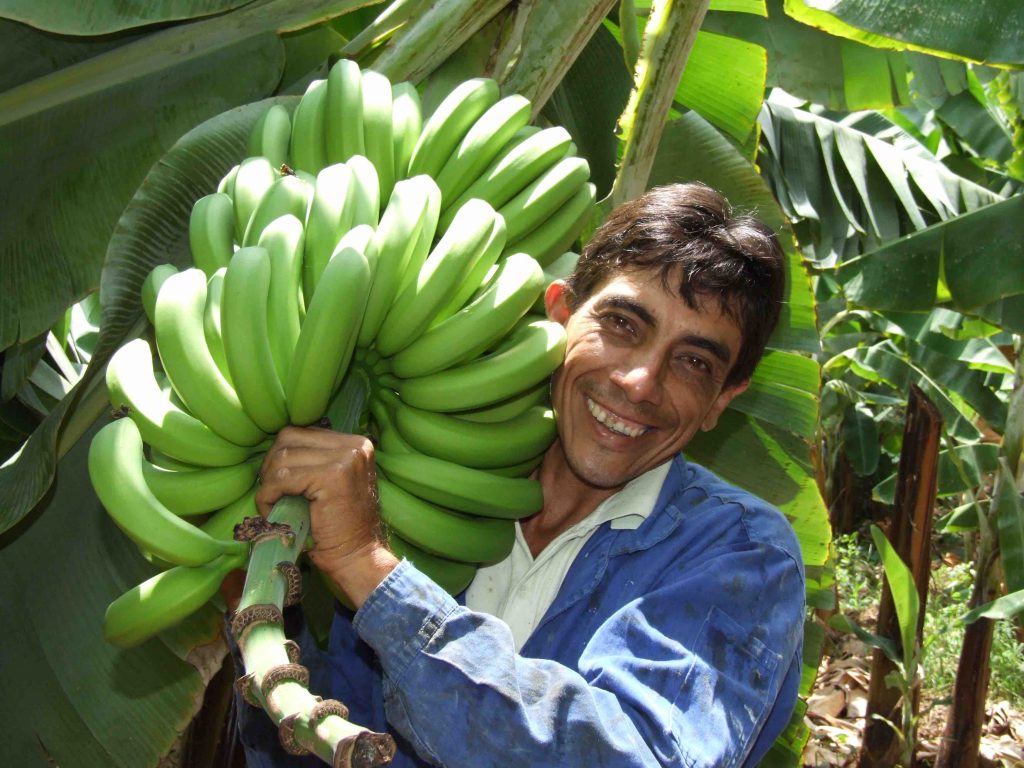
Strengthening systems
Strengthening food production and distribution systems for local markets is becoming increasingly important. Solidaridad is developing a portfolio of food security-related projects, including fruit and vegetables in Bangladesh, Kenya, Ethiopia, South Africa, Mozambique and Ghana. In some cases, export crops are an enabler for farmers to improve their food crops. The food security programme in Kenya and Ethiopia, with Nestlé and Ecom as contributing partners, is an example of this approach, which aims to reach 120,000 farmers.

Working together for change
Solidaridad and leading Dutch dairy producer Friesland Campina Riedel BV (FCR) launched a four-year, joint programme to improve the sustainability of fruit production around the globe. The orange juice sector in Brazil was identified as a priority target, resulting in the development of a self-assessment toolkit for citrus.
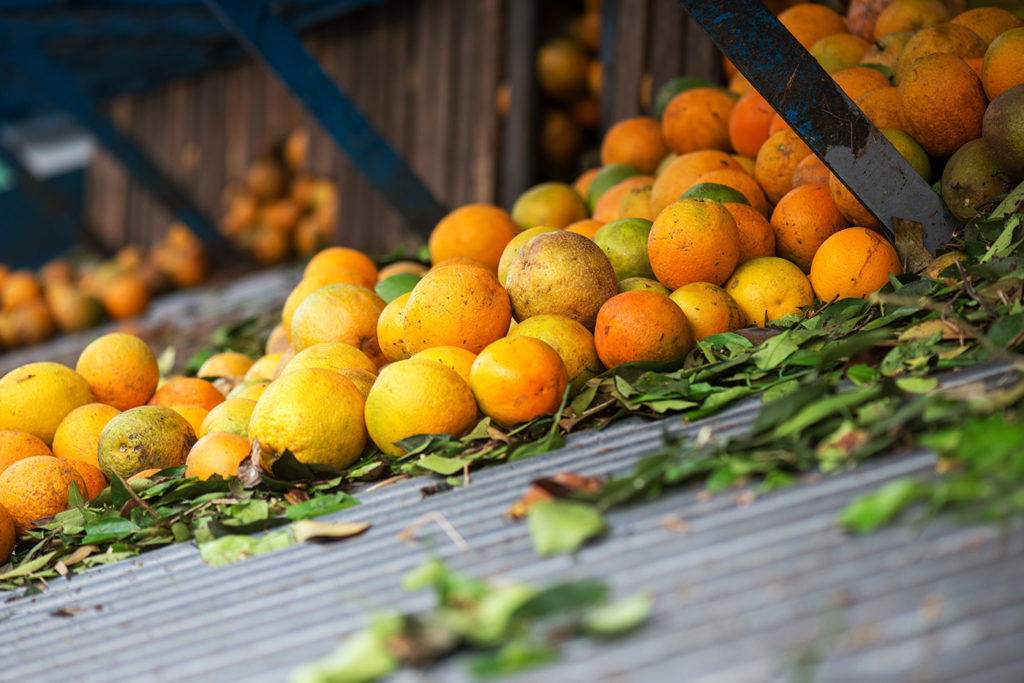
Engaging the juice sector
Solidaridad established cooperation with juice sector organizations AIJN, the recently established, business driven fruit juice CSR platform Sustainable Agriculture Initiative (SAI platform), and more.

New partnerships
Solidaridad launched its partnership with Friesland Campina Riedel, the market-leader in the Dutch fruit juice sector in order to move towards 100% sustainably sourced products.
Solidaridad was contracted by Dutch Embassy in Bangladesh for the the four-year Sustainable agriculture Food security and Linkages programme (SaFaL). This programme is helping 200,000 smallholder farmers in Bangladesh adopt sustainable practices in horticulture and other areas while improving food security.

Priority to local food chains
Solidaridad’s programme to promote sustainability in the Kenyan horticultural industry began, which gave priority to local and regional food chains in order to strengthen food security. Solidaridad began a banana sector sustainability programme in Colombia in collaboration with the Dutch Embassy.

The World Banana Forum
The World Banana Forum was established. Bananas are the only fruit whose stakeholders are organized through a roundtable.

AgroFair
Solidaridad founded AgroFair Assistance & Development, an embedded service provider to support current and future AgroFair farmers.

Fair Trade bananas
In 1994, Solidaridad began working in the banana sector. By 1996, Solidaridad developed the concept of Fair Trade bananas and founded AgroFair Ltd, the pioneer fruit company that introduced the worlds first mission-driven, Fair Trade bananas to the European market. Then in 1999, the farmers organized into the Cooperative of AgroFair Producers and began supplying AgroFair. They became formal owners of 50% of the shares in the company.


